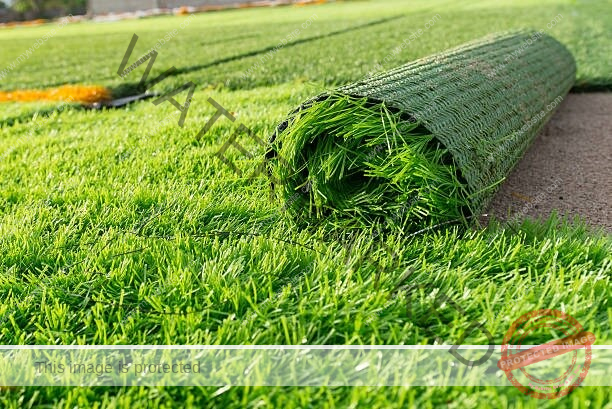In recent years, artificial grass has gained popularity across Nigeria, adorning residential and commercial spaces, as well as sports arenas. This synthetic alternative to natural grass offers a low-maintenance solution with a lush, green aesthetic. In this post, we’ll delve into the costs associated with artificial grass in Nigeria, along with its advantages and disadvantages.
Cost of Artificial Grass in Nigeria
The pricing of artificial grass in Nigeria varies based on several factors, including quality, brand, size, location, and vendor. To provide an overview, we’ve compiled a list of popular products and their approximate prices:
-
Bahamas Artificial Grass Turf:
- 50 mm: From N12,000
- 40 mm: From N10,000
- 35 mm: From N9,000
- 30 mm: From N8,000
- 10 mm: From N3,500
- 20 mm: From N7,000
- 15 mm: From N6,000
- 25 mm: From N8,000
-
Beautiful Artificial Grass:
- 10 mm: From N5,000
- 15 mm: From N6,000
- 20 mm: From N7,000
- 25 mm: From N8,000
- 30 mm: From N9,500
- 35 mm: From N9,000
- 40 mm: From N10,000
- 45 mm: From N11,000
-
Child and Pet-Friendly Artificial Grass:
- 50 mm: From N15,500
- 25 mm: From N8,000
- 20 mm: From N7,000
- 15 mm: From N6,000
- 10 mm: From N5,000
-
Other Options:
- Artificial Green Grass Area Rug: From N4,500
- Artificial Lawn (3.3 inches x 5 inches): From N4,500
- Tamera Artificial Solid Grass Design Turf: From N10,000
- Realistic Indoor/Outdoor Artificial Grass/Turf: From N10,000
Please note that prices may fluctuate due to factors like government policies, import duties, and seasonal variations. It’s advisable to verify the current rates from reliable vendors.
Pros of Artificial Grass
- Year-Round Aesthetic Appeal: Unlike natural grass, artificial grass retains its vibrant color throughout the year.
- Water Conservation: Artificial grass eliminates the need for regular watering, contributing to water conservation efforts.
- No Fertilizers or Pesticides: It doesn’t require fertilizers or pesticides to maintain its appearance, reducing environmental impact.
- Low Maintenance: No mowing, trimming, or cutting is necessary, saving time and effort.
- Resistant to Wear and Tear: It avoids the development of patchy spots caused by pests or heavy use.
- Efficient Installation: The installation process is swift and straightforward.
Cons of Artificial Grass
- Initial Cost: The upfront expense of artificial grass may be a deterrent for some individuals.
- Additional Installation Costs: Antishock layer and infill material replacements are required every few years.
- Non-Biodegradable Materials: Some components, like polythene plastic, aren’t eco-friendly and need replacement every 15 to 25 years.
- Maintenance Needed: Regular sanitizing and sweeping are necessary to prevent bacterial growth.
- Potential Environmental Impact: Certain materials, like crumb rubber infill, can have adverse effects on humans and the environment.
- Heat Retention: Artificial grass absorbs heat quickly, creating hot and uncomfortable environments.
- Rough Texture: It may cause rug burn due to its rougher texture compared to natural grass.
- Impact on Underlying Vegetation: Transitioning back to natural grass after installing artificial turf can be challenging.
Is Artificial Grass the Right Choice?
The suitability of artificial grass depends on individual preferences, location, and budget. Before making a decision, assess your property’s needs and carefully weigh the pros and cons outlined above.
In Conclusion
Artificial grass offers an enticing alternative to natural turf, with benefits ranging from water conservation to low maintenance. However, it’s crucial to consider both its advantages and drawbacks before making a choice. With various options available in Nigeria, you can find the perfect artificial grass to elevate your space.

